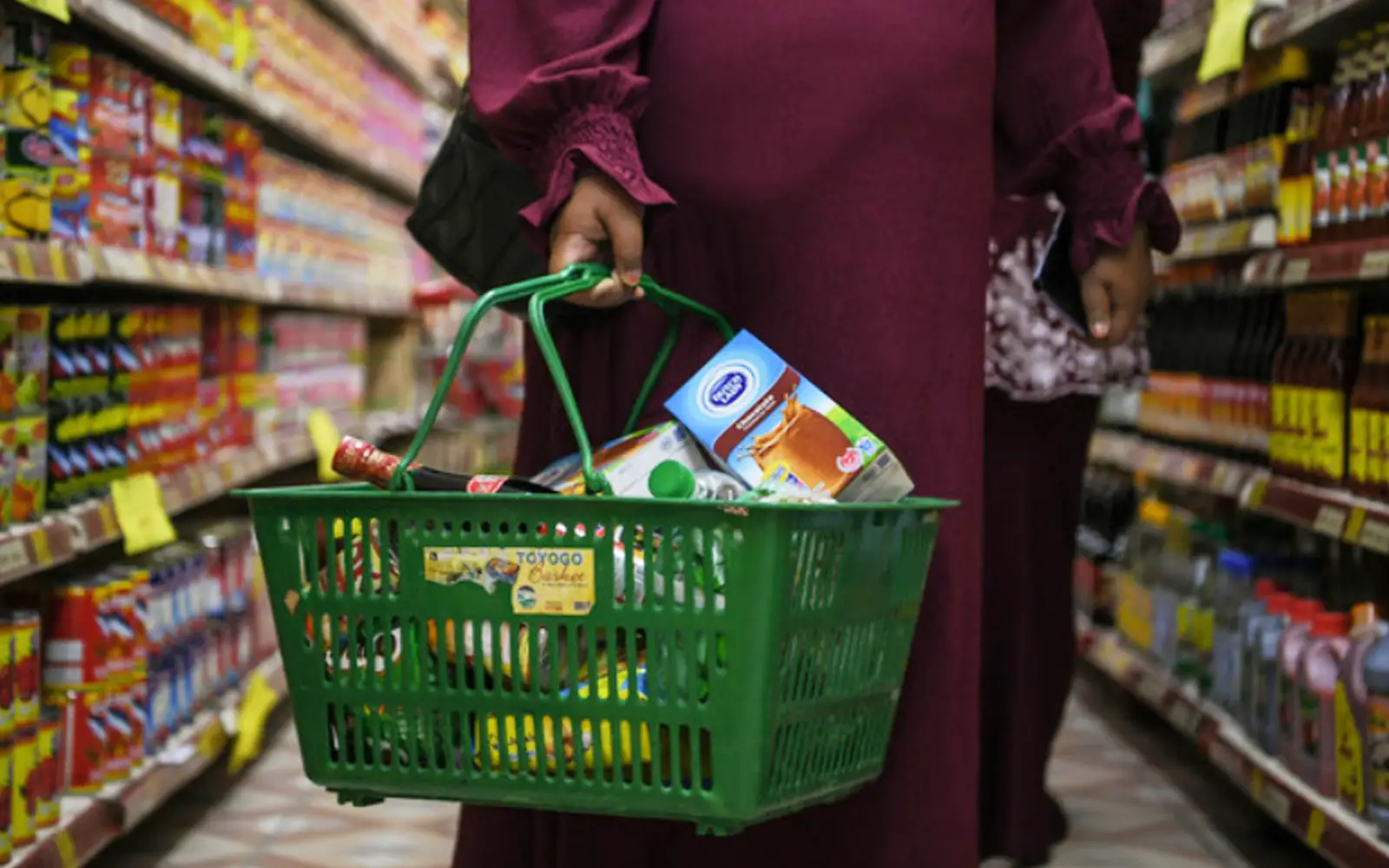By Chia Wan Rou
In 2024, the government raised targeted assistance under the Sumbangan Asas Rahmah scheme from RM1,200 to RM2,100, and expanded its beneficiaries from 700,000 to 4.1 million. (Bernama pic)
PETALING JAYA: Budget 2025’s RM421 billion allocation reflects the government’s unwavering commitment to supporting the rakyat through prudent fiscal management and targeted strategic initiatives.
Despite the challenge of balancing public welfare with fiscal consolidation, the fiscal plan for this year saw the government allocate an additional RM27.2 billion to the RM393.8 billion sum set aside for last year.
Putrajaya’s commitment has been reflected in various aid initiatives, including spending RM13 billion on the Sumbangan Tunai Rahmah (STR) and Sumbangan Asas Rahmah (SARA) programmes, which aim to ease the burden on the B40 and M40 groups, while supporting small and medium enterprises.
Assistance under SARA has been raised to RM2,100, up from RM1,200 in 2024, with the number of beneficiaries expanded from 700,000 to 5.4 million.
Recipients have described the MyKad-based redemption process, in place since April, as “quick” and “easy”.
In addition, the government has also allocated RM2.9 billion in direct cash assistance—channelled through the social welfare department—to further strengthen social protection.
This includes increasing elderly aid to RM600 a month, from RM500 previously, and raising assistance for children from low-income families to RM250 per child aged six and below, up from RM200.
For children aged seven to 18, the aid remains at RM200, with a maximum household cap of RM1,000. General assistance in the Federal Territories has also increased to RM150, with a monthly cap of RM500.
Meanwhile, the government’s focus on affordability continues through subsidies for the My50 travel pass and Pas Mutiara, with RM226 million allocated to benefit 180,000 Klang Valley commuters using Prasarana buses and trains.
Prasarana is also providing van services to ferry schoolchildren from selected train stations for just 50 sen one-way, while all university, polytechnic, community college and matriculation students enjoy free rides via the BAS.MY service.
Homeownership is also enhanced through individual tax relief of up to RM7,000 for homes priced up to RM500,000, and RM5,000 for homes priced between RM500,001 and RM750,000.
Food security remains a priority, with RM27 million in incentives for farmers and livestock breeders to boost production under the 2025 budget.
This includes irrigation and drainage development in Malaysia’s rice bowl and the expansion of Felcra’s rice cultivation areas in Sabah and Sarawak, supported by a RM65 million allocation under the agriculture and food security ministry.
A total of RM2.78 billion has also been earmarked for subsidies, aid and incentives for padi farmers and fishermen.
Meanwhile, RM64.1 billion has been allocated to the education ministry, reflecting the government’s strong commitment to education access for both urban and rural communities.
Of the total, RM2 billion has been allocated for school upgrading and maintenance projects nationwide, including 543 dilapidated schools—many of them in Sabah and Sarawak.
The higher education ministry was allocated RM18 billion, with RM635 million set aside to upgrade infrastructure, replace outdated equipment and expand internet access across all public universities.
Additionally, the National Higher Education Fund Corporation (PTPTN) received RM500 million in funding for students in science, technology, engineering and mathematics (STEM) fields at public institutions.
The personal tax relief for net savings in the National Education Savings Scheme (SSPN) has been extended for another three years. The eligibility criteria for the Geran Padanan Ihsan (Gapai)— a matching grant initiative introduced to promote higher education savings—has also been expanded.
Students pursuing higher education from households earning up to RM6,000 now qualify for the grant of up to RM5,000. Previously, only households earning an income of up to RM4,000 were eligible. The initiative is slated to run for two years.
The 2025 budget also targets a reduced fiscal deficit of 3.8% of the gross domestic product.
